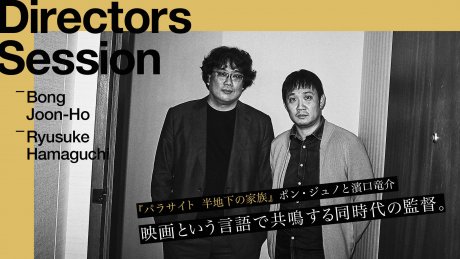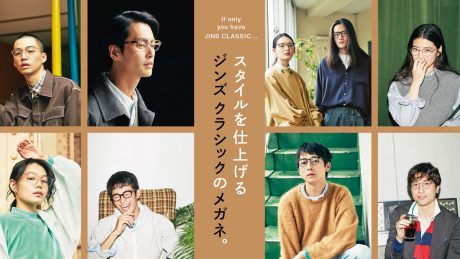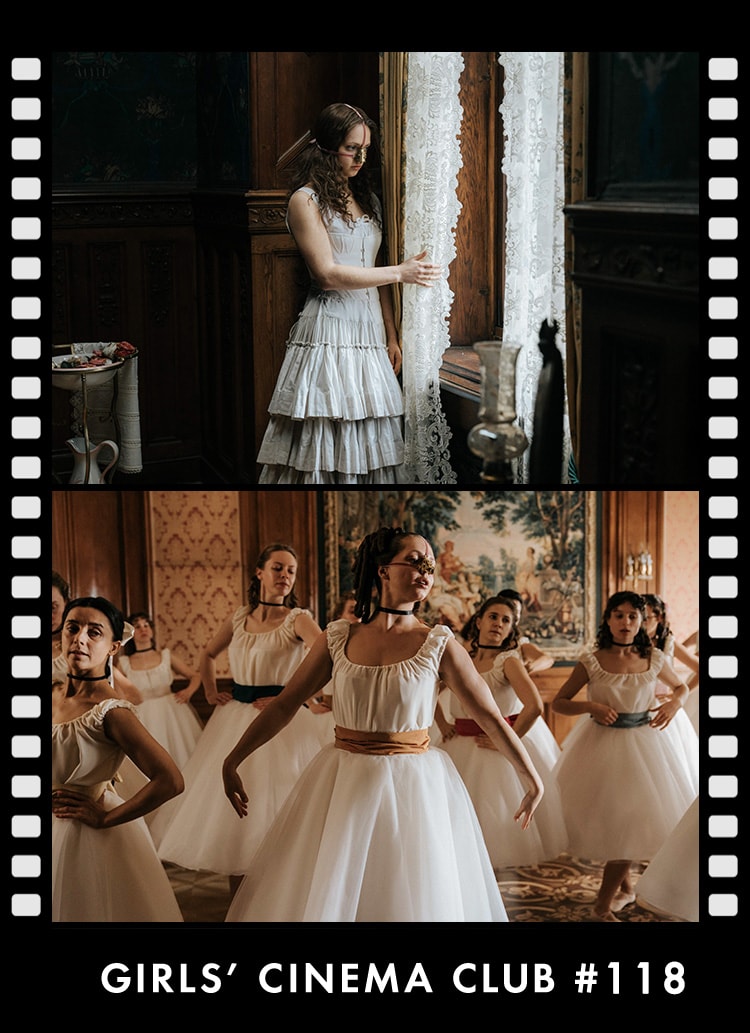Two best friends discussing love. A professor and a student interviewing in a university laboratory. Two women reunite for the first time in decades. Their intimate conversation soon takes a surprising turn. This collection of short stories depicts three dramas of people connected by the theme of "coincidence. The latest work by director Ryusuke Hamaguchi, winner of the Silver Bear Award (Grand Prix of the Jury) at the Berlin International Film Festival.
PROFILE

Born in 1978 in Kanagawa Prefecture, he received high acclaim at film festivals in Japan and abroad for his 2008 film "PASSION," a graduation project from the Graduate School of Film and New Media, Tokyo University of the Arts. His productions include "THE DEPTHS" (2010), a Japan-Korea co-production; "Nami no oto" and "Nami no koe", films based on interviews with victims of the Great East Japan Earthquake; "Utau hito" (2011-2013, co-directed by Koh Sakai), a record of folk tales from the Tohoku region; and the over 4-hour feature "Intimacy" (2012). Intimacy" (2012), a feature film lasting over four hours. In addition, "Happy Hour" (2015), "Sleep or Awake" (2018), and "Drive My Car" (2021) have received major awards at international film festivals.
You cannot make a film without starting from an emotional relationship.
I would like to ask you about the depiction of love/sexuality in films, starting with "Coincidence and Imagination" today. This is because, like "Coincidence and Imagination," I think that Mr. Hamaguchi's films have always depicted issues surrounding love and sexuality. Why are you attracted to stories about love and sexuality?
I don't know if it is possible to distinguish between romance and sexual love, but I think it is simply my experience of having enjoyed watching such things as an audience. Perhaps it is because I have watched a lot of trendy dramas since I was in junior high school, but it is true that I tend to enjoy watching movies and dramas more when they deal with things like romance. Conversely, I would be bored without such things (laughs). If there is no emotional relationship between characters rather than romance or sexuality, it is difficult for me to really enjoy the film.
When I write a script, I can only start from such a point. I cannot write a script unless I start from the point where people are talking to each other, not from the point where I want to take this shot or that shot. And when people are talking, there is some kind of emotional relationship between them. The emotional relationships that tend to deepen the most are romantic and sexual relationships, and I think that these elements are always involved in the films I make.

Have you always watched a lot of romantic dramas on TV?
I think I watched a certain amount of TV dramas. When I was in junior high school, I watched "Tokyo Love Story" and dramas written by Shinji Nojima and Koki Mitani.
How about romantic comedies as a genre in American cinema?
I watch them occasionally, but I don't follow them as a genealogy. I remember that the American romantic movies of the 80s and 90s that were popular when I was a kid, such as "Pretty Woman" (Gary Marshall, 1990), did not feel realistic to me at all and were embarrassing to watch.
When you watch the films of Kiyoshi Kurosawa, whom you studied at graduate school, or read the film criticism of Shigehiko Hasumi, the first thing you are reminded of is that emotions are not reflected on the screen. Nevertheless, it is somewhat strange that emotions are always at the center of Mr. Hamaguchi's films.
When I was in my 20s, I saw people around me taking strong shots, and I wondered if it was okay for me to only deal with love or something like that. Of course, as I learned more, I would be able to conceive of the idea of taking this kind of shot. But I still think that's a lie, that it's not who I am.
What was reassuring to me was the fact that there are films out there that are either completely correct as films about love and love, or that I would definitely stand on the side of, even if they were not correct. That is Eric Romer, Jean Eustache, and John Cassavetes. The films of Douglas Sirk, Jean Grémillon, Kenji Mizoguchi, and Mikio Naruse all deal with emotional issues, but they are all digested in a cinematic way. In the end, I can't genuinely enjoy a film unless it is like that.
For you, Cassavetes is also a writer who deals with emotional relationships, including love, isn't that right?
I feel that "emotion" rather than love or sex is the main focus of Cassavetes. I think that love and sex are only variations or manifestations of emotional reactions. For example, love is not often dealt with in Yasujiro Ozu's films, but it is impossible not to react emotionally to the exchange between Chishu Kasa and Setsuko Hara (laughs).


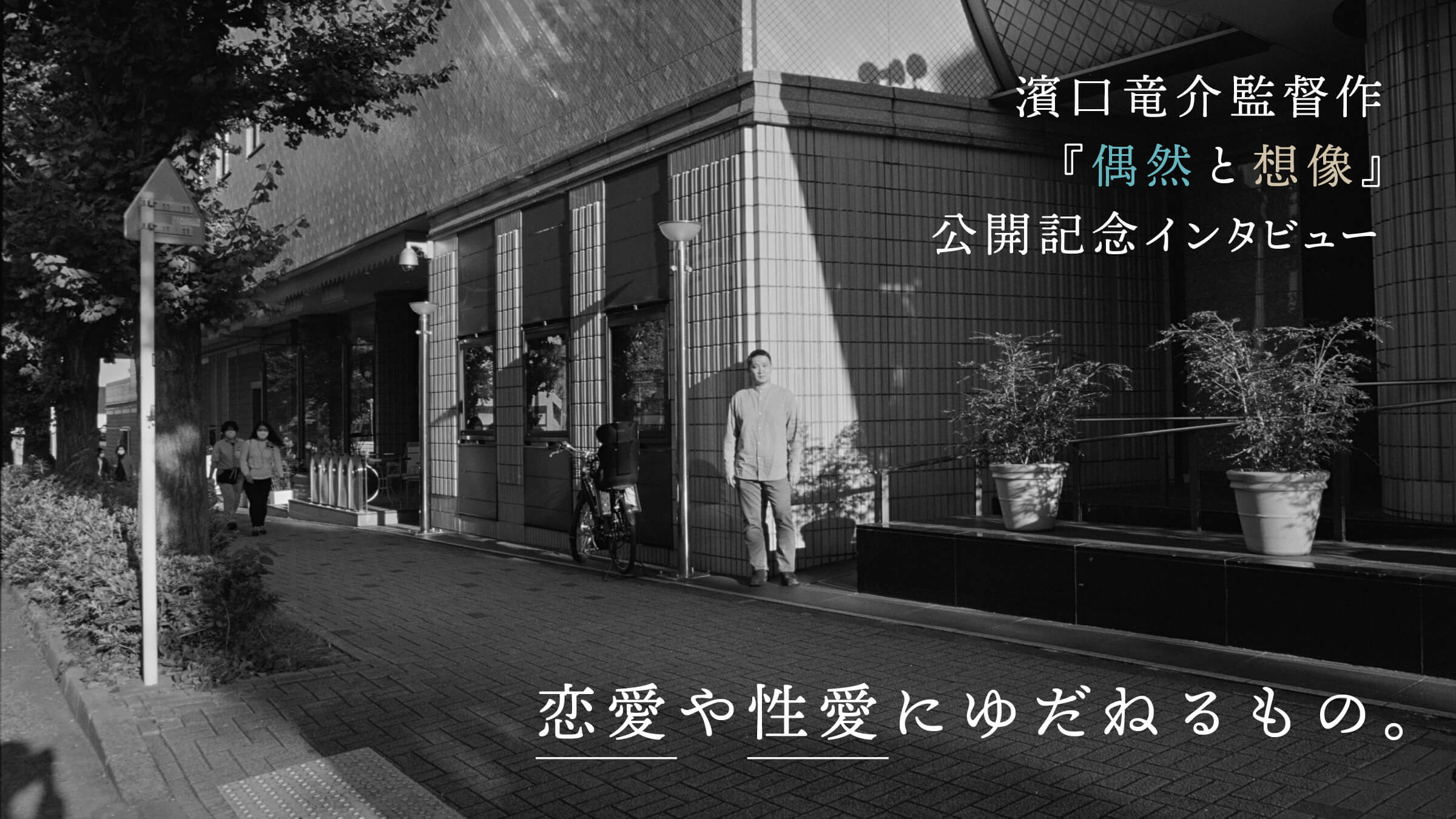

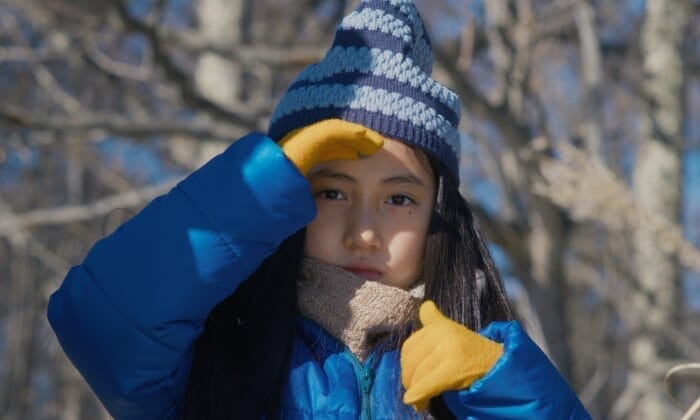
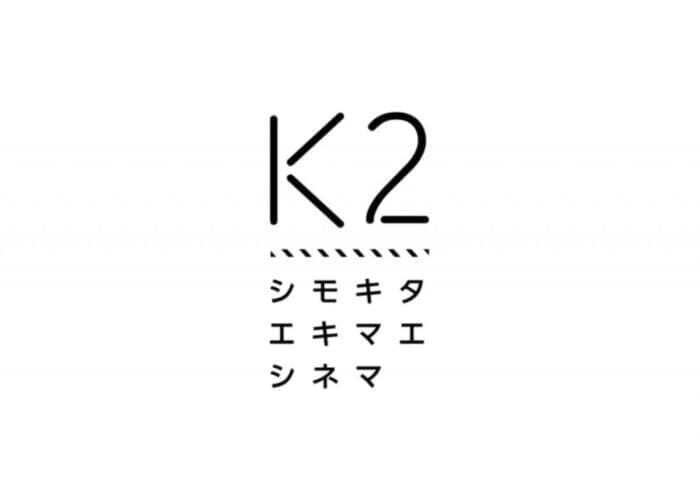
![Preview Present] Ryusuke Hamaguchi's film based on Haruki Murakami's fascinating short story. The past, lies and illusions start running in "Drive My Car".](https://www.houyhnhnm.jp/wp-content/uploads/2021/07/main-700x467.jpg)
